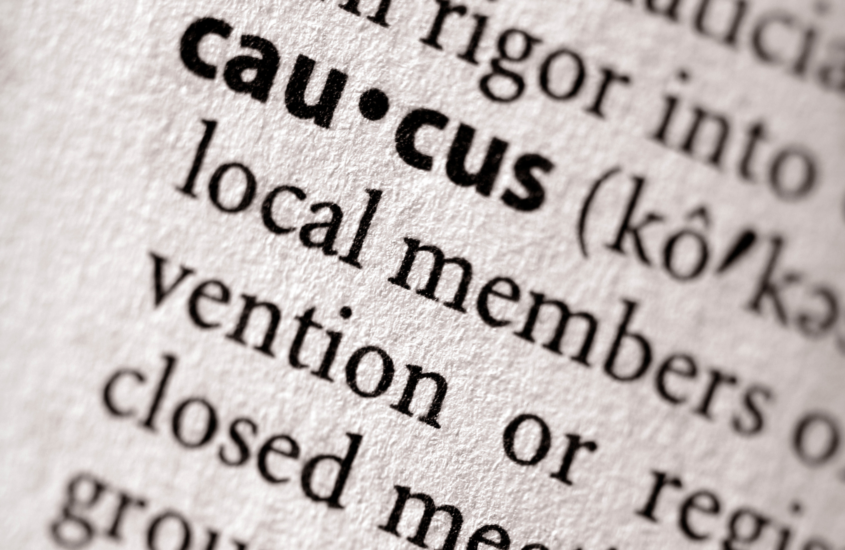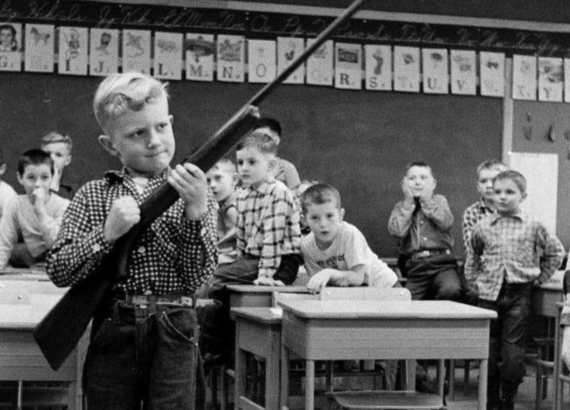The Purpose of the Caucus: What Is It & Why Does It Matter?
AmericanMom Team |
This election year is off to a great start for Trump supporters; he won the Iowa caucus! Even Vivek held his own in the race, garnering a respectable 7.7%, and the good graces of many Republicans and conservatives – not a bad run for a politics newbie. Despite all this good news, we still can’t help but ask ourselves: What is a caucus? And why does it matter? In the United States, elections can feel oddly complicated; you cast your vote, but there’s an electoral college that does the actual deciding. There’s a whole bunch of people running one minute, and the next there’s two to choose from. How did we get here? And more importantly, what on earth is a caucus?!
Here are some answers to these burning questions.
Delegates
American elections depend very heavily on delegates, electorates, and representatives. That’s the Republic part of “and to the Republic for which it stands”. We are a represented people, so in all elections, not only are we electing representatives for office, but we are often electing representatives to cast the final vote on our behalf.
When it comes to the caucus, the delegates are typically individuals, voters, who help the political party hosting the caucus to determine which candidate will be on the ballot.
Iowa
Iowa is important in our election cycle because they are the first of the states who hold a caucus to do so in a presidential election year. The caucus is held in January or February and presidential candidates attend to win the favor of voters. This typically kicks off the presidential election with a vote of confidence for a particular candidate, and the rest determine whether or not they stay in the race.
How It Works
It’s funny that the simplest things often hold the most weight. At a caucus, voters do not cast paper or electronic ballots, but rather stand and are physically present to “cast their vote”. For each candidate, there is a designated place to be throughout each district. For instance, Trump voters would go to the local church, while Vivek supporters would go to the high school gym, etc. Whatever the official location is, that’s where you would go for your candidate of choice.
Candidates can do some campaigning, often via speeches, and attendees often try to advocate on behalf of their candidate to bring in more bodies. Eventually, the campaigning is stopped, and the “votes” are counted (there’s a literal head count). The people at each location are tallied, and the candidate with the most attendees at their designated locations is declared the winner.
The winner of the caucus is simply designated the most popular – but it also helps the party determine how many delegates each candidate gets. These delegates will then go on to vote on which candidates will be included on the official electoral ballot.
Why Is It Important?
A caucus is not a primary election. It’s not even, necessarily, an election at all. It’s one step in the process of the presidential election. A caucus gives us a sense of how certain candidates are doing, and if it is worth it for them to keep going. For example, Vivek, with his 7.7% at the Iowa caucus, realized that he didn’t quite have the traction to keep going and decided to back out of the race and endorse Trump. An honorable move that will probably win him even more support in the future. DeSantis, Haley, and other candidates must then decide for themselves if they will keep going. It makes sense for those with higher percentages to stay in the race at least for a little while longer.
So the caucus is important for multiple reasons:
- Direct Participation: It is another way for the people to express their approval or disapproval of candidates
- Influence Party Platform: By participating in a caucus, you can help shape the priorities and values of your political party by advocating for specific policies and positions
- Civic Duty and Community Engagement: It drums up interest in the election and encourages more voter participation
- Candidate Selection: It determines how many delegates from the party each candidate gets, ultimately influencing whether or not they are on the final ballot, and it adds another layer of checks and balances (i.e. the party isn’t just randomly picking whichever candidates they like the most)
- Networking: Caucuses provide an opportunity to meet and connect with like-minded individuals in your community who share your political beliefs and interests
- Educational Opportunities: Attending a caucus allows you to learn more about the political process, party organization, and the candidates running for office
- Empowerment: By attending your local caucus, you are empowering yourself and your community to have a voice in the political process and work towards positive change
- Grassroots Mobilization: Caucuses are a form of grassroots democracy where ordinary citizens have the chance to have a meaningful impact on political decision-making
In the end, while the caucuses aren’t the end all be all of the election, they are an important jumping off point. If a candidate doesn’t do well in a caucus, it might change the direction of their campaign altogether. And while it’s not as important, perhaps, to show up to your state’s caucus (if they have one) as it is to vote in the primary and general elections, it is certainly important to understand every step of the election process.






